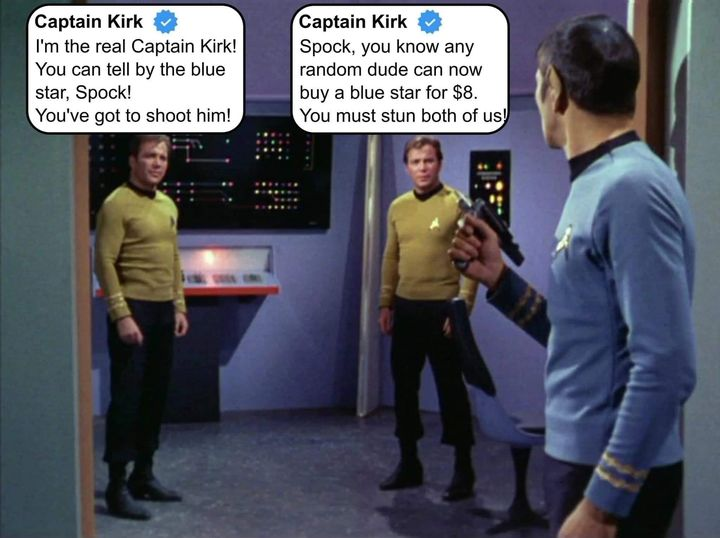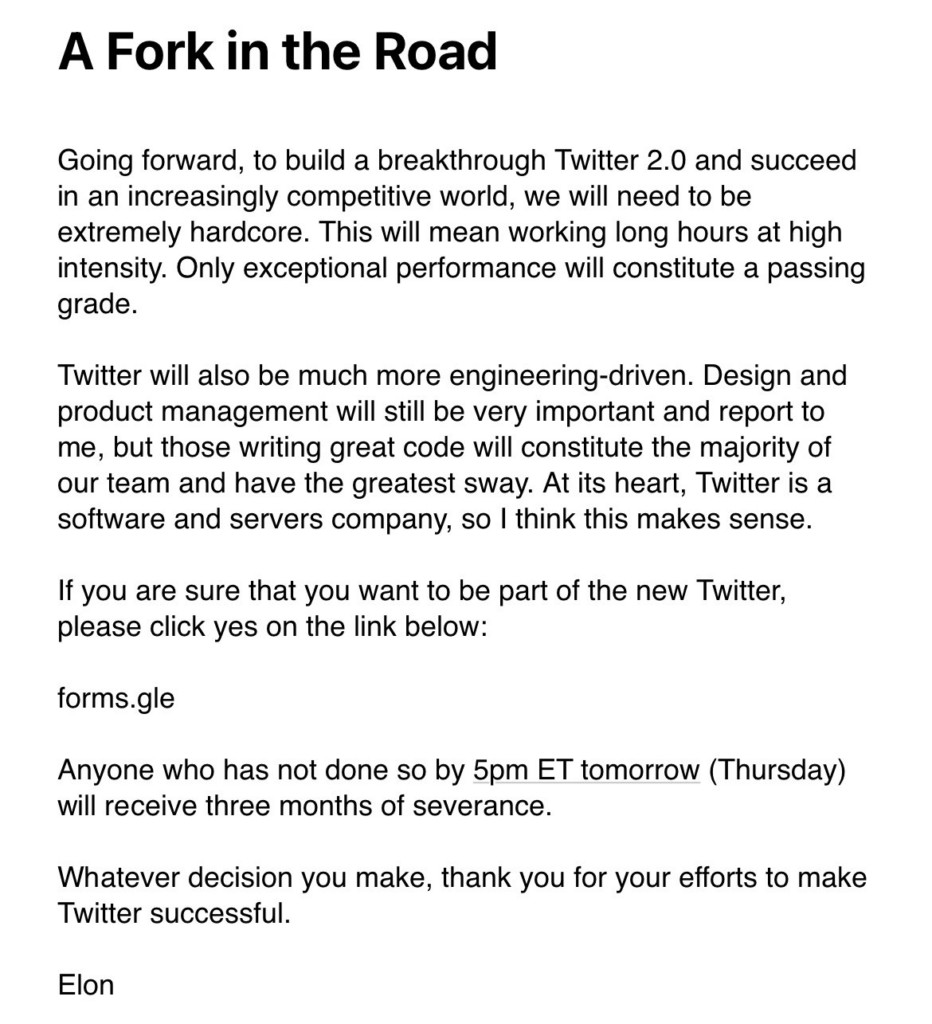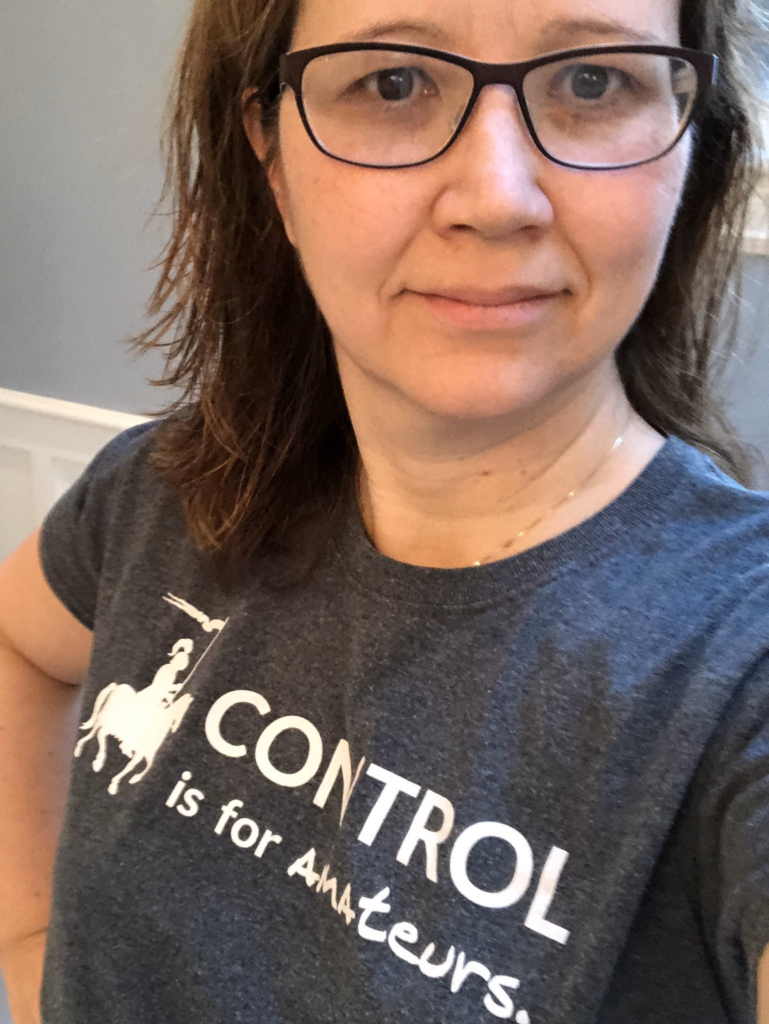Why Elon Musk can’t control Twitter
The hardest insight for anyone working in or through social media is this:
No matter what you think you own or control, you are not in charge. The participants are. And they will do whatever they want, in spite of (and sometimes because of) any efforts you make to channel, guide, or block them.
I learned this insight from Charlene Li, my coauthor on the social media book Groundswell. Groundswell is exactly the right word for this, because it connotes a spontaneous uprising.
If you are Elon Musk and you just paid $44 billion to own Twitter, you imagine that you own it, and therefore, you control it. After all, that’s what Elon Musk did with Tesla and SpaceX. He bent them to his will. He pushed past regulatory hurdles and hostile bankers and manufacturing challenges and politics and, well, rocket science. “Elon Musk knows how to get things done,” people say.
The groundswell is more powerful than Elon Musk. It’s a lesson he is repeatedly failing to learn in his purchase of Twitter.
The groundswell always wins
Perhaps you heard of what happened when Barbra Streisand attempt to get people to stop sharing aerial pictures of her house that were posted on social media.
Her lawsuits and threats just caused those pictures to spread further. Mike Masnick coined a term to describe it: the Streisand Effect. She’s rich, but she couldn’t stop it.
It’s still happening. Right now, the hashtag #RIPJimmyFallon is all over Twitter. It’s a joke: Jimmy Fallon is not dead. Fallon himself asked Musk to fix it:
Of course he can’t. (Musk responded “Fix what?”)
Bullshit spreading social media is not a bug, it’s a feature.
Elon Musk may think he can redefine what a blue check for verification means. Having removed the badge that identifies real people, lots of folks who are impersonating those people are flaunting their paid-for fake badges and fooling people. Musk can try to outlaw that all he wants, but it’s out of his control — the groundswell’s going to do what it wants. And it wants to fool people, because that stuff spreads and people like it.

You can, of course, try to lock things down even further. There are two problems with that. First, it is expensive to identify and block people who are breaking rules you make up — it’s a job that tends to require humans to do well. The more rules you invent, the more ingenious people will get at evading those rules. If by some chance you succeed at all, you reduce the velocity and ease of your social network. That means less traffic. And that means less money.
There is an ideal amount of freedom on a social network. Totally free makes it full of anarchic bad actors and scams. Totally locked down makes it safe, but too boring to attract an audience. Twitter (and Facebook and Instagram as well) have always teetered in the midst of that balance, at risk of sliding off to either side at any moment. Musk is attempting to move that balance point around while hundreds of millions of people watch. Every time he fails, users leave. It’s a dangerous game, and he’ll never win, because he keeps imagining that he’s in control.
The other group Musk doesn’t control: Twitter employees
You can’t run Twitter without engineers and lots of other people. Musk dumped half the workers. About a dozen of his engineers have contradicted things Musk said about Twitter, either publicly or on internal Slack groups. He fired them.
Now he has sent an email to all staff offering them a choice: agree to work like a dog at Twitter or take three months severance.

This is, once again, an attempt to control people. Who will remain after this action?
Not the best people, in my opinion. The only people who will remain are those who are “hardcore” committed to a vision that Musk has yet to clearly articulate.
That’s not leadership, it’s dictatorship. At startups, people work long hours voluntarily because they buy into the leader’s vision. There are passionate arguments, but people stay committed because they believe, and because they have dreams of a big payoff.
At Musk’s Twitter, there is no vision to buy into, no ability to argue without losing your job, and no big payoff, because Musk owns the whole company and its valuation is unlikely to ever top what Musk paid for it.
These people are not slaves. Most of the best ones will take the three months pay and leave. If you’ve been well compensated at Twitter for years and already got paid top dollar for your stock in the Musk takeover, you can afford to leave.
It’s an attempt at control once again, and control doesn’t work well with creative workers, any more than it does with free-ranging users.
I love the way that social media and community expert Rachel Happe puts it: Control is for amateurs.

Elon Musk doesn’t get this. It’s about persuasion and culture and surfing the groundswell, not about control.
That’s why Elon Musk will fail.
I forgot that you cowrote Groundswell. That makes your voice the perfect voice to weigh in on this. Thanks.
I hear that MBA professors are using his takeover as a case study in what not to do.
First, I love that you used a photo/example of Rachel Happe to help make the point.
Second, as someone who built and managed (along with a stellar team) a thriving online community of >3 million members, I can attest that no one controls such a community. Good community managers provide behavioral carrots and sticks (like gamification points, levels of access, recognition and visibility, access to certain features or advanced capabilities as rewards, etc.) to encourage or discourage behaviors but ultimately the individual members decide for themselves and are beyond anyone’s control.
Just as the fall of Byzantium led (some say) to the Rennaisance era in Europe, I speculate that the disintegration of Twitter will lead to the emergence of other creative and innovative web-based products and services. No doubt the refugees from the smoking ruins of Twitter will turn their genius to other endeavors, and I think that could be an interesting and exciting Rennaisance.
Many (I’ve read) are finding refuge at Mastodon.
In related news, employees are happily taking him up on his offer. Absolute shitshow.